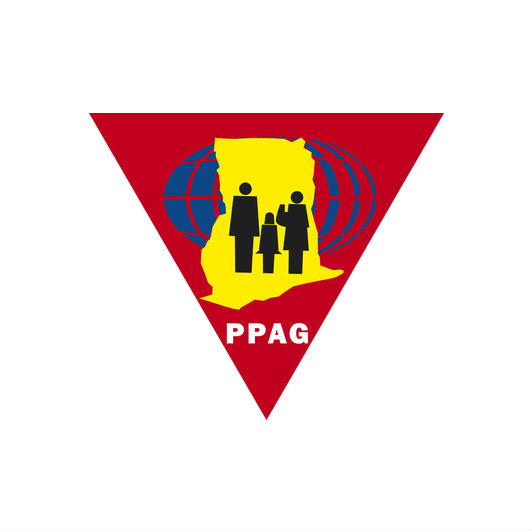

| 31 March 2016
Family Planning Association of India
Established in 1949, Family Planning Association of India is a voluntary non-governmental organization, which pioneered the family planning movement in India. FPA India works on a wide range of SRHR issues encompassing family planning, maternal health, child survival, HIV/AIDS, safe abortion, reproductive tract cancer screening and prevention, gender empowerment and young people, and mitigation of gender-based violence (GBV). Key strategies include ensuring access to high quality SRH services and strengthening health systems; strengthening access to information and services for young people; comprehensive sexuality education; capacity building of health care providers and community volunteers on SRHR issues; engaging with communities and individuals to change gender disparity and promote SRHR; promoting livelihood opportunities for economic empowerment of the poor and vulnerable and advocacy for policy change at the national and state level. FPA India reaches a population of more than 30 million annually, on an average. Presently, FPA India operates through 45 Branches and Projects across 18 States, supported by more than 3000 community based volunteers and more than 1000 staff. Services are provided through 39 Reproductive Health and Family Planning Centres (RHFPCs), 19 Urban Family Welfare Centres (UFWC) that are government funded, 19 satellite clinics, 229 associated clinics, 56 outreach service units with support from 510 CBDs, 119 private physicians and 33 other agencies. During the year 2020, SRH services were provided to 4.2 million clients, of which nearly 40% were young people below the age of 24 years. Vision: All people empowered to enjoy their sexual and reproductive health choices and rights in an India free from stigma and discrimination Mission: A voluntary commitment to SRHR to ADVOCATE for and ENABLE gender equality and empowerment for all including poor and vulnerable people, ENSURE information, education and services, POWERED by knowledge, innovation and technology towards sustainable development.

| 31 March 2016
Planned Parenthood Association of Ghana
Ghana is a country which has deep-rooted cultural norms, and structural barriers that perpetuate poor sexual and reproductive health. These include high risks of maternal mortality, high numbers of sexually transmitted infections, including HIV, and low levels of contraceptive use. The Planned Parenthood Association of Ghana (PPAG) was set up in 1967 to provide family planning services to the people of Ghana. Over the years, its work has expanded to cover a whole range of sexual and reproductive health (SRH) services. Today, in addition to basic family planning support, PPAG provides maternal and child health care, infertility management, and voluntary counselling and testing (VCT) for sexually transmitted infections (STIs) including HIV. It also provides other SRH services (for example, programmes for the management of erectile dysfunction). PPAG’s operation depends on a team of 103 staff, over 1,000 volunteers, 300 peer educators, 551 community-based distributors (CBDs) and a Youth Action Movement membership of 810 young people. PPAG's delivers services and programmes through 1,356 service points, including 11 permanent clinics, 54 mobile clinics and over 1,000 community-based service points (CBSs). PPAG works with a huge roster of partners, right across government in health, education, HIV and AIDS, youth, and population planning departments. Its civil society networks include over 15 non-governmental organizations. It receives financial support from the Japanese International Cooperation Agency, the Japanese Organization for International Cooperation in Family Planning, UNFPA, the Programme For Appropriate Technology in Health (PATH), the African Youth Alliance (AYA), the Big Lottery Fund (BLF) of UK, DANIDA, the French Embassy, the UK’s Department for International Development (DfID), UNICEF and GTZ.







